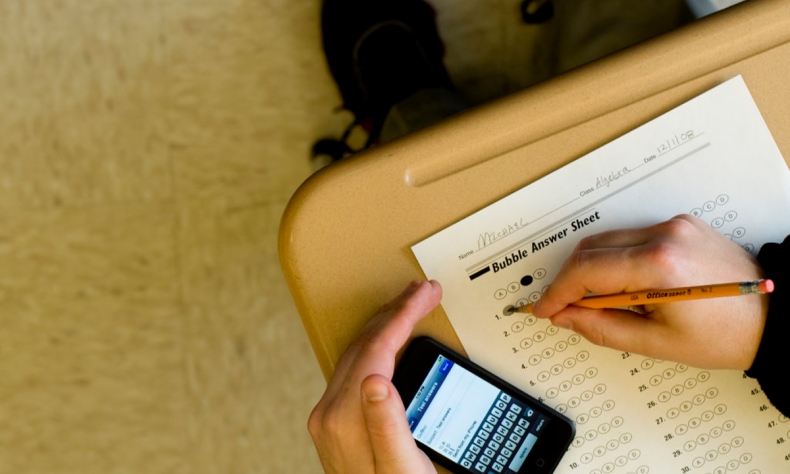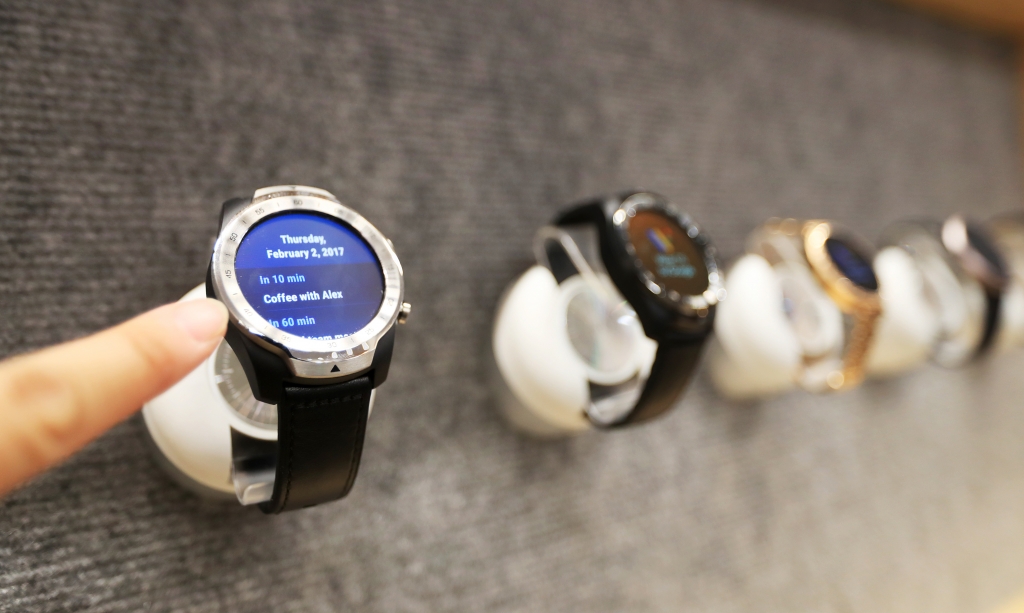
Technology Leads to New Ways of Students Cheating
Across the world, exam invigilators should stay alert and be open to new ways of cheating. Students should also reconsider, if not for the serious consequences of getting disqualified, but for the many benefits which come from exams.
Think back to your examinations at school. The nerve racking, chest tightening, squirming walk into the school hall. Your heart is pounding so hard you can hear it in your head as the thought that your entire future rests on the next two hours of frantic scribbling.
Couple this with pressure from family and their sacrifices on top of your own, it is understandable that examination bodies around the world are constantly engaged in a struggle with a minority of students who are willing to risk all by cheating.
In China, where the stakes are even higher, the problem has become epidemic. In the city of Xi’an alone, over 2,000 students were caught cheating in pharmacy examinations recently. Candidates were found to have worn earpieces where answers to the test questions were transmitted through a radio. 
The cheating ring was only uncovered when invigilators noticed abnormal radio signals from an unfamiliar frequency. Examiners are testing student ingenuity, but perhaps not in the way they imagined.
Over a decade and a half ago in certain places in Europe, water bottles were restricted as students had been caught with hastily written, minute notes taped to the inside of the plastic bottle wraps.
Later, restrictions on smartphones were put in place as technology progressed to the point where these devices became a threat to the education system. Now, earlier this month, the Independent Commission on Examination Malpractice in the U.K. recommended banning all watches from examination halls, saying it was becoming difficult to distinguish between sophisticated high-tech watches and more traditional timepieces so a blanket ban was needed.
Sir John Jones, former head of the U.K.’s National Association of Head Teachers, said smart watches, looking so similar to conventional ones, created opportunities on which cheaters could capitalize. He told the BBC: “It can look as if it’s merely a time-telling watch; but, actually, you press a button and it becomes an email-type watch.
“If you don’t ban them all, I think you’re making it very difficult for invigilators who are looking round an exam room. So, I think the obvious thing to do here is to ban all watches.”
The U.K. should take heed to such advice, and around the world, this race between students and examiners is taking place every year. With exams being so vital for finding and equipping young talent for a future in the workplace, it is imperative that regulators can keep up with the latest trends in such areas as fraud.
In China, the original home of the Gaokao (university admissions exam), this long history of examinations in civil society rests on the ability to ensure that the practice remains legitimate. It is not just smart watches causing the issues, female students across Europe have also been caught with small devices hidden under false fingernails.
There has also been the call for examining bodies to check the dark web for the illegal sales of leaked exam papers. Old school methods, such as hiding information in lavatories, to be retrieved later during toilet breaks, are something also still need to be considered even among the threat of more high-tech methods. This increase in so called “toilet sweeps” in the U.K. is something which is already happening.
Across the world, exam invigilators should stay alert and be open to new ways of cheating. Students should also reconsider, if not for the serious consequences of getting disqualified, but for the many benefits which come from exams.
The fact that you have to prepare and work hard for many months beforehand builds character, and sets students up with life skills which may actually benefit them more than the exams themselves.
Taking such life skills and using them to form a successful career is a rewarding experience. The fruits of discipline that sees exams as a worthwhile lesson in themselves is something all students should consider.
Barry He is a global technology and business commentator based in London, initially specializing in start-ups and technology PR.
Opinion articles reflect the views of their authors only, not necessarily those of China Focus.
 Facebook
Facebook
 Twitter
Twitter
 Linkedin
Linkedin
 Google +
Google +










